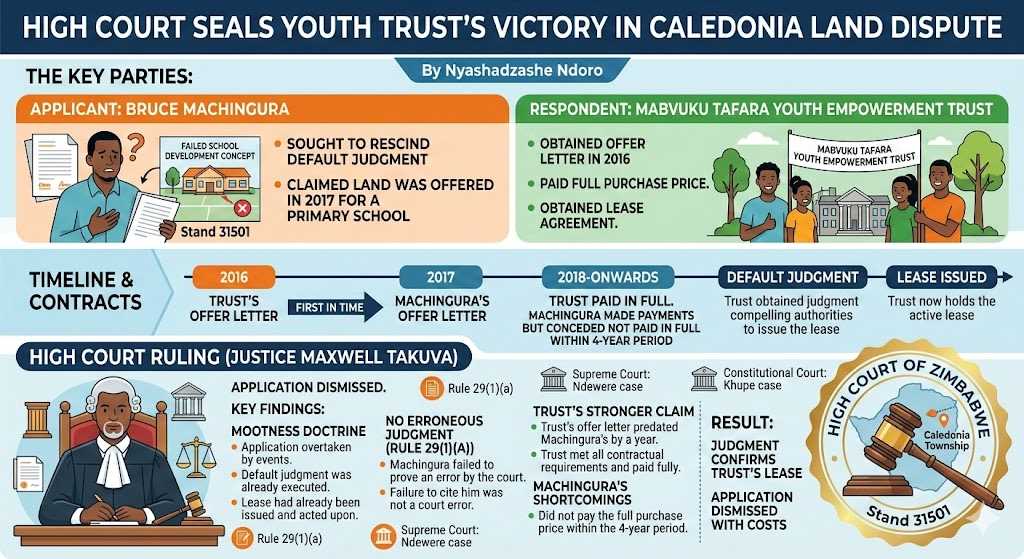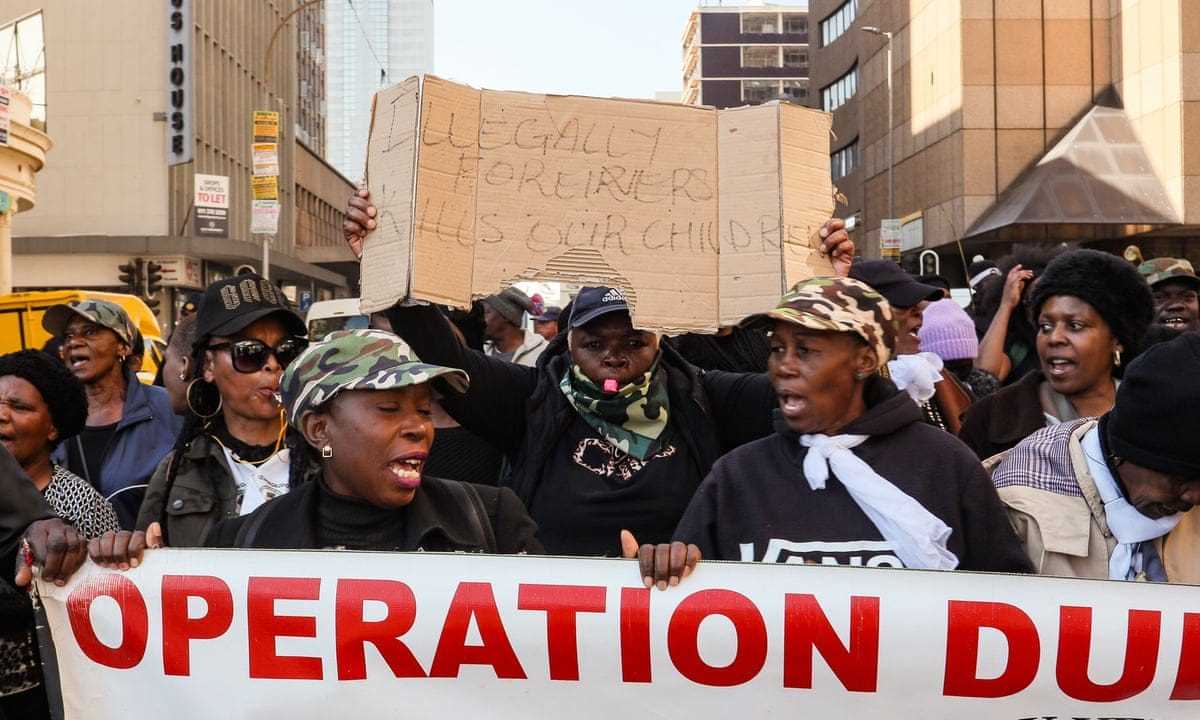
As journalists, editors and storytellers, we often say the pen is mightier than the sword. But in Zimbabwe’s fight against gender-based violence, the pen has also become a silent weapon — sometimes cutting victims deeper than the violence itself.
A review of this year’s coverage reveals a disturbing trend:
our own headlines are normalising femicide and framing murder as a consequence of “cheating.”
These are real examples published in 2024–2025:
- “Jealous hubby kills wife over suspected infidelity”
- “Bindura man kills ‘cheating’ wife after finding her with another man”
- “Woman dies after being found with another man — husband arrested”
- “Man kills wife over infidelity… Murder cases dominate holiday report”
These are not just words.
These are cultural instructions.
When the headline leads with “cheating,” it frames murder as a reaction — not a choice.
When we foreground infidelity, we imply justification.
When we reduce femicide to “jealousy” or “a domestic dispute,” we strip violence of its brutality and place blame, subtly but powerfully, on the dead.
Language matters.
Not because donors say so.
Not because NGOs demand it.
But because what we write shapes how society interprets violence.
If a reader’s first instinct after reading a headline is to ask, “So what did she do?” then we have failed as a profession.
We influence public opinion more than we admit.
We shape court-of-public-perception long before cases reach actual courts.
We teach communities — through framing — who deserves empathy and who deserves judgement.
And when we centre infidelity in stories of murder, we participate in:
Related Stories
- victim shaming
- normalising violence
- excusing perpetrators
- reducing accountability
- reinforcing harmful gender scripts
This was never the purpose of journalism.
Our job is clarity. Not justification.
Our job is context. Not sensationalism.
Our job is truth. Not tropes.
We are not powerless in this fight.
In fact, we are among the most powerful actors in the GBV ecosystem.
If we shift our language, the culture will shift with us.
Imagine headlines that say:
- “Man arrested for murder after killing wife”
- “Woman killed in domestic violence incident, police investigate”
- “Femicide on the rise — ZRP urges communities to intervene early”
These headlines do not sanitise the crime.
They do not assign blame to the victim.
They do not frame murder as passion.
They tell the truth plainly — and truth opens the door to accountability.
As Zim Now, we are not pointing fingers at other newsrooms.
We are pointing at the mirror we all share.
The media sector needs a collective reset on how violence is reported, because the stories we publish today become the beliefs society holds tomorrow.
If we want to fight violence, we must stop writing it into legitimacy.
For 16 Days, and for the 349 days beyond, may the pen — our pen—defend the vulnerable, not indict them.




















Leave Comments